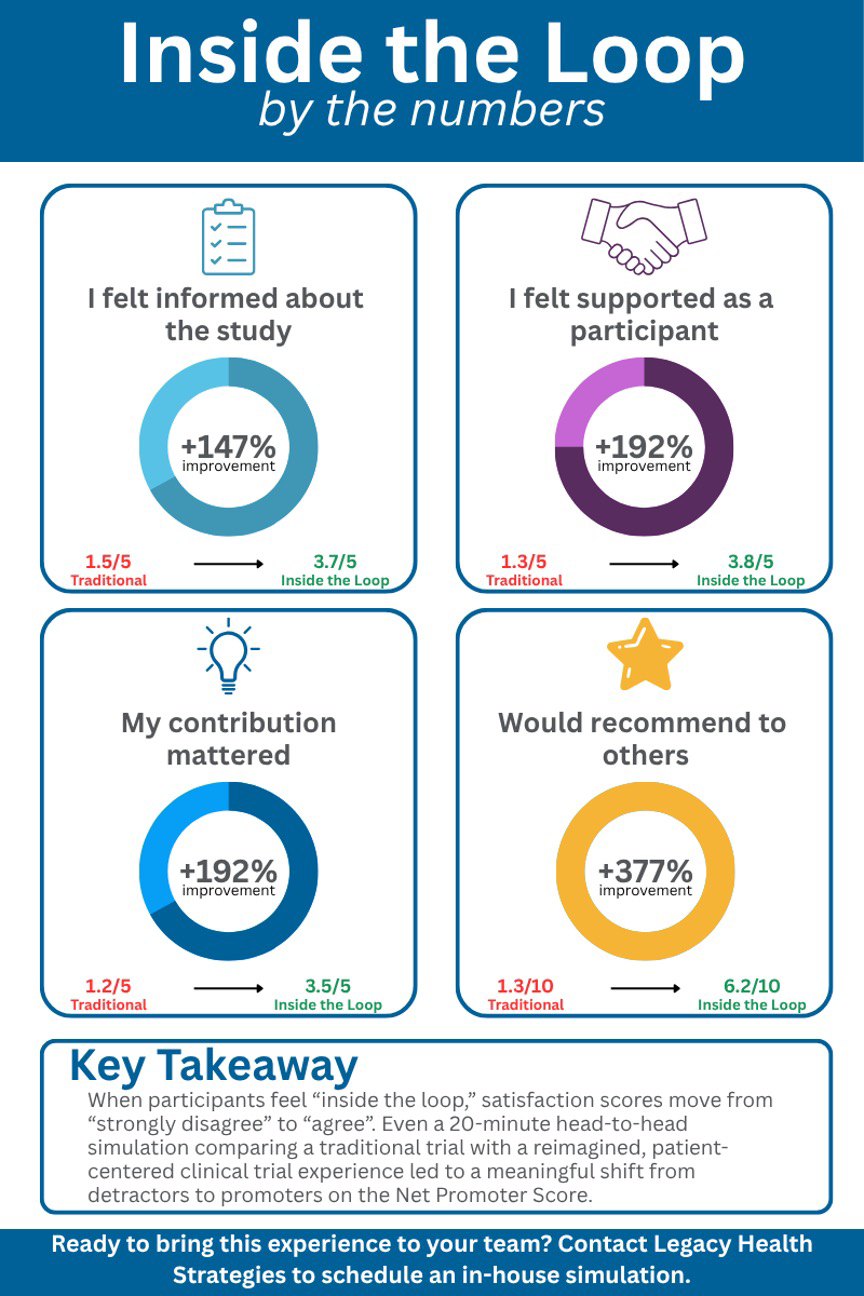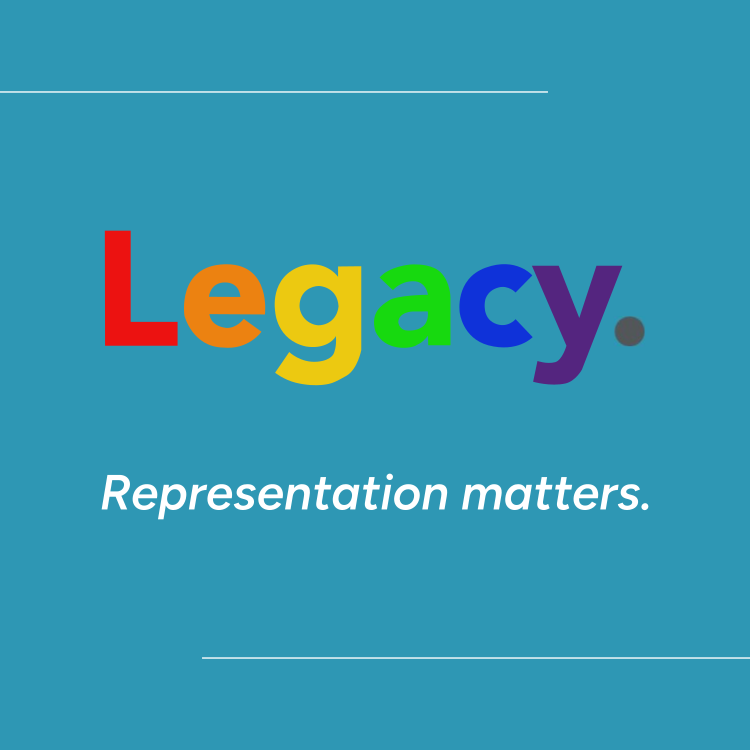August is National Breastfeeding Month! This time is designed to spread awareness regarding breastfeeding and its health benefits as well as share informational resources. The WHO recommends that newborns be exclusively breastfed for the first six months of their life and continue breastfeeding until the age of two years.
Unfortunately, for some communities – like Black women – there are more factors creating barriers than only a lack of awareness. These factors often intersect and compound each other, creating complex challenges for Black women who want to breastfeed. These are the kinds of health disparities that MyHealth MyLegacy is dedicated to resolving, so we wanted to give it some extra attention this month.
1. Socioeconomic Barriers
On average, Black women have to return to work sooner after giving birth, making it harder to establish breastfeeding. Financial pressures may necessitate the earlier return, as many Black women work in jobs without comprehensive maternity leave benefits. A lack of paid maternity leave means mothers are forced to decide between paying the bills or bonding with their new baby.
Back at work, many new mothers find that their workplace does not provide them adequate time or the desired privacy to pump breast milk. This is more frequently the case at lower-wage jobs. Those who are able to reliably pump enough of a supply for the baby to be bottle-fed during work run into difficulty securing affordable childcare that will support breastfeeding.


2. Healthcare Disparities
Unequal access to quality healthcare affects breastfeeding support in a variety of ways. Limited access to prenatal care can result in less education about the benefits of breastfeeding and how to prepare for the process.
Hospitals in predominantly Black areas may be less likely to have baby-friendly practices that promote breastfeeding, and insurance coverage also becomes a large factor. Lack of or inadequate insurance may limit access to breast pumps and lactation support services.
After the baby is born, new mothers often need postpartum support services regarding breastfeeding. Black women may have less access to lactation consultants or breastfeeding support groups.
3. Medical Bias
Racial bias in healthcare can significantly impact breastfeeding support. Due to stereotyping, healthcare providers may make assumptions about a Black woman’s desire or ability to breastfeed. Studies have shown that Black women receive less encouragement to breastfeed from healthcare providers.
Communication issues can arise where providers may not effectively communicate breastfeeding information to Black patients. Likewise, healthcare providers might be less responsive to breastfeeding challenges reported by Black women and dismissive of any expressed concerns.
4. Food Deserts & Nutrition
Nutritional challenges can affect breastfeeding success by having a negative impact on maternal health. Poor nutrition can affect milk production and overall maternal well-being. Many new moms may have a lack of nutritional education and a limited access to dietary information specific to breastfeeding needs.
Food deserts are more common in predominantly Black neighborhoods, meaning limited access to fresh, nutritious foods. A reliance on processed foods can lead to nutritional deficiencies that impact breast milk quality.
5. Stress & Mental Health

Addressing the Disparities
Understanding these disparities is the first step in resolving them. Addressing these issues requires a multifaceted approach involving healthcare reform, workplace policies, community support, and broader societal changes to combat systemic racism and inequality.
If you are a new mother feeling overwhelmed by all this, remember that what’s most important is that your baby is fed. Breastfeeding has many benefits, but it also has its challenges. Supports are available. Ultimately, the best way to nourish your little one is whatever way works best for the two of you.



